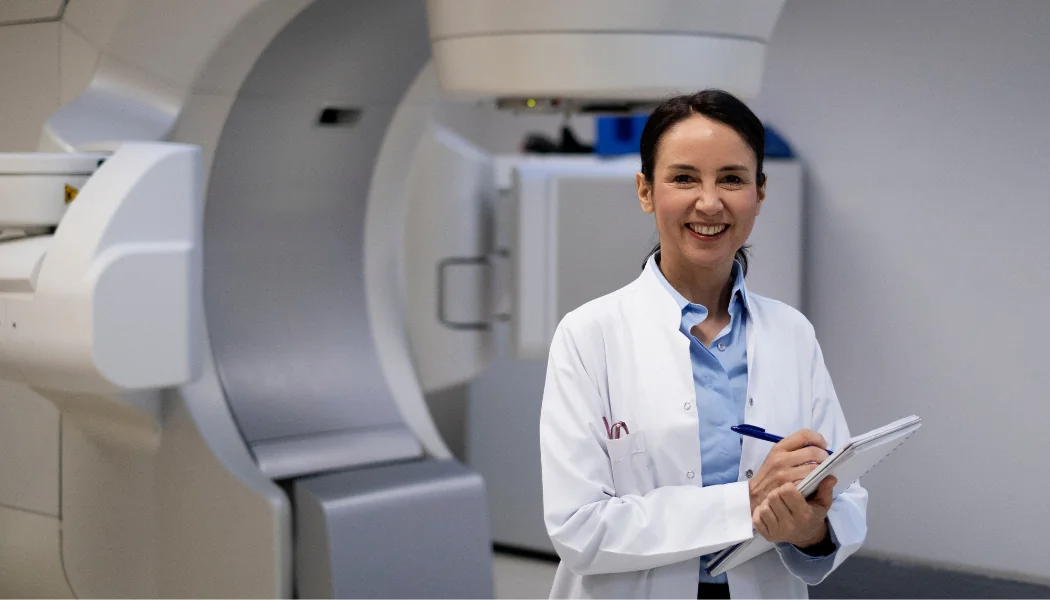10 Questions You Should Be Asking Your Oncologist

The results are in, and you have cancer. Though no appointment will be stress-free, the first appointment with your oncologist is often the most difficult. It’s scary, you’re unfamiliar with the jargon, and you have so many questions and worries racing through your mind that it is hard to focus. Because of this, it is vital to prepare for your first appointment, and knowing what to ask is essential.
Write Down Questions as They Come Up
From the moment you have your diagnosis, keep a notebook handy where you can document every question that comes into your mind. There will be a lot, and it will be impossible to remember all of them without recording them. Writing questions as they come helps keep your thoughts in order and allows you to be your own advocate. Even with the best care team in the world, there is no better advocate for you than you.
Basic Questions to Ask Your Oncologist
Not sure what to ask? The National Foundation for Cancer Research (NFCR) has your back. Get the conversation rolling with questions like these:
1. Where did my cancer originate? Has it spread?
This will likely be the first thing your care team discusses, but it is essential that you fully understand your diagnosis.
2. Is there a genetic link to this type of cancer? Should my family members be tested?
Many cancers are genetic, and this question can potentially save lives.
3. What treatment options are available?
Ask your care team what they recommend and why. There may be numerous options, and your doctor should be able to explain the pros and cons of each one.
4. What happens if the treatment approach doesn’t work?
Knowing this will help your peace of mind, but it also allows you to assess if your care team is the right fit. Some teams may be more risk-averse, and others may be more willing to try new therapies. Speak to your care team about how/when they consider a treatment unsuccessful and what the next steps would be.
5. How will you help me manage side effects?
Review the potential side effects and what support you can receive. Speaking about side effects early on will allow your care plan to be proactive rather than reactive.
6. What will my treatment cost?
Cancer treatments can be expensive, and you will want to prepare for this. Your care team can also discuss what treatments your insurance may cover and what options it will not.
7. What can I do to preserve my fertility?
If you want biological children in the future, this is vital to ask. Addressing it after treatment begins can be too late.
8. What impact will treatment have on my lifestyle?
It may be unavoidable, but preparing for any impact on your lifestyle can make the transition easier.
9. Where can I get more information or support?
Your care team deals with diagnoses day in and day out. They are a wealth of information and can point you toward resources, groups, and more.
10. Where do you recommend getting a second opinion?
No care team will be offended by a patient receiving a second opinion. If you’re not satisfied with the way your care team responds to your questions – or if you are after peace of mind – getting a second opinion can help you to explore options.
Sign-up to Stay Informed About Cancer Research Breakthroughs with NFCR!
A world without cancer is possible. Help us turn lab breakthroughs into life-saving realities.

5.7 Million+
Donors who have fueled NFCR’s mission

$420 Million+
Invested in high-impact research & programs

36+ Labs & Hundreds of
Nobel Laureates & Key Scientists received NFCR funding, driving breakthrough research












